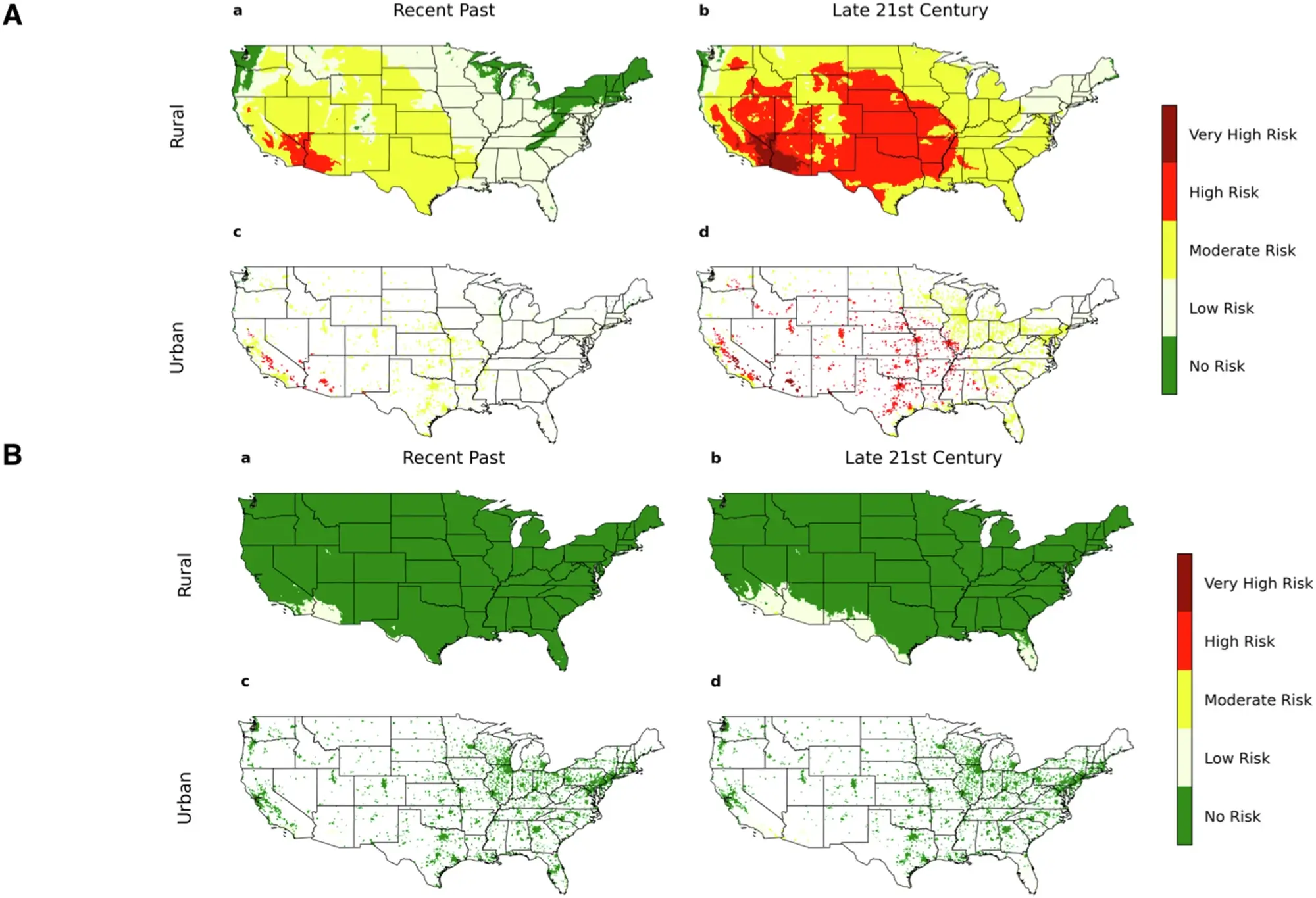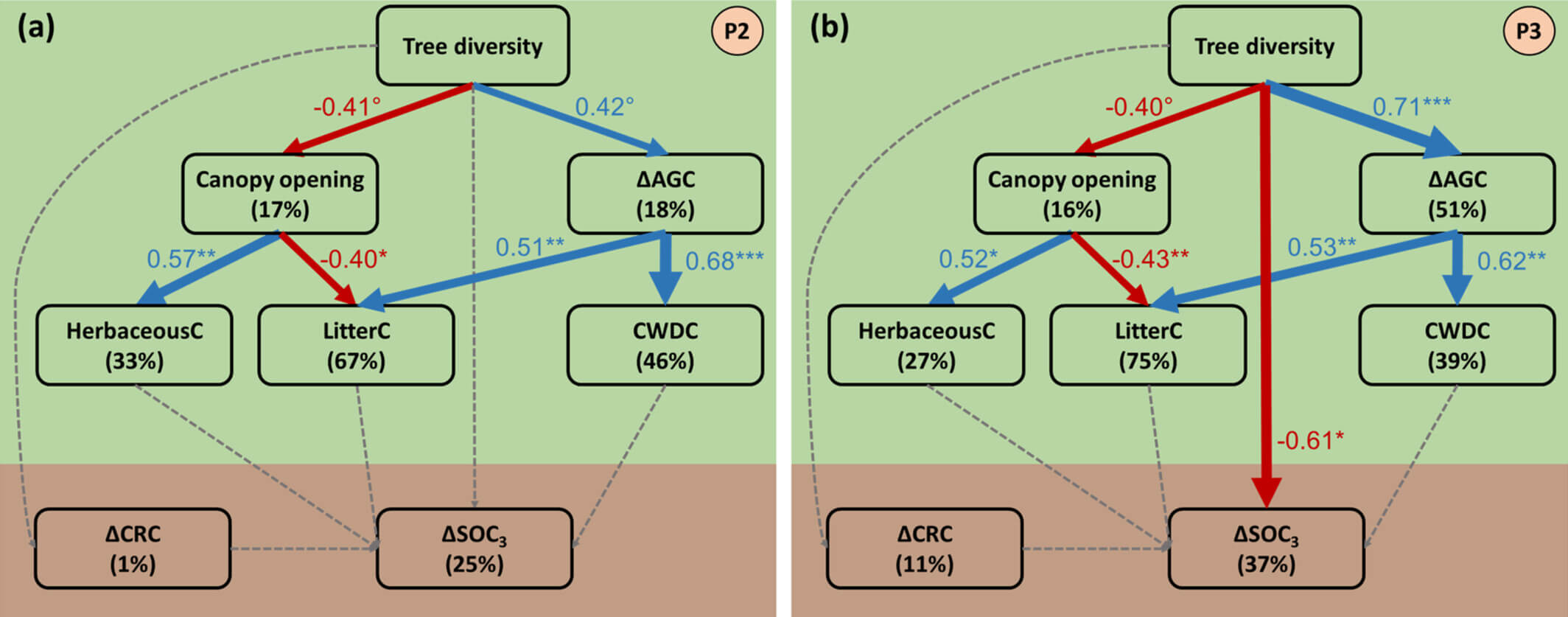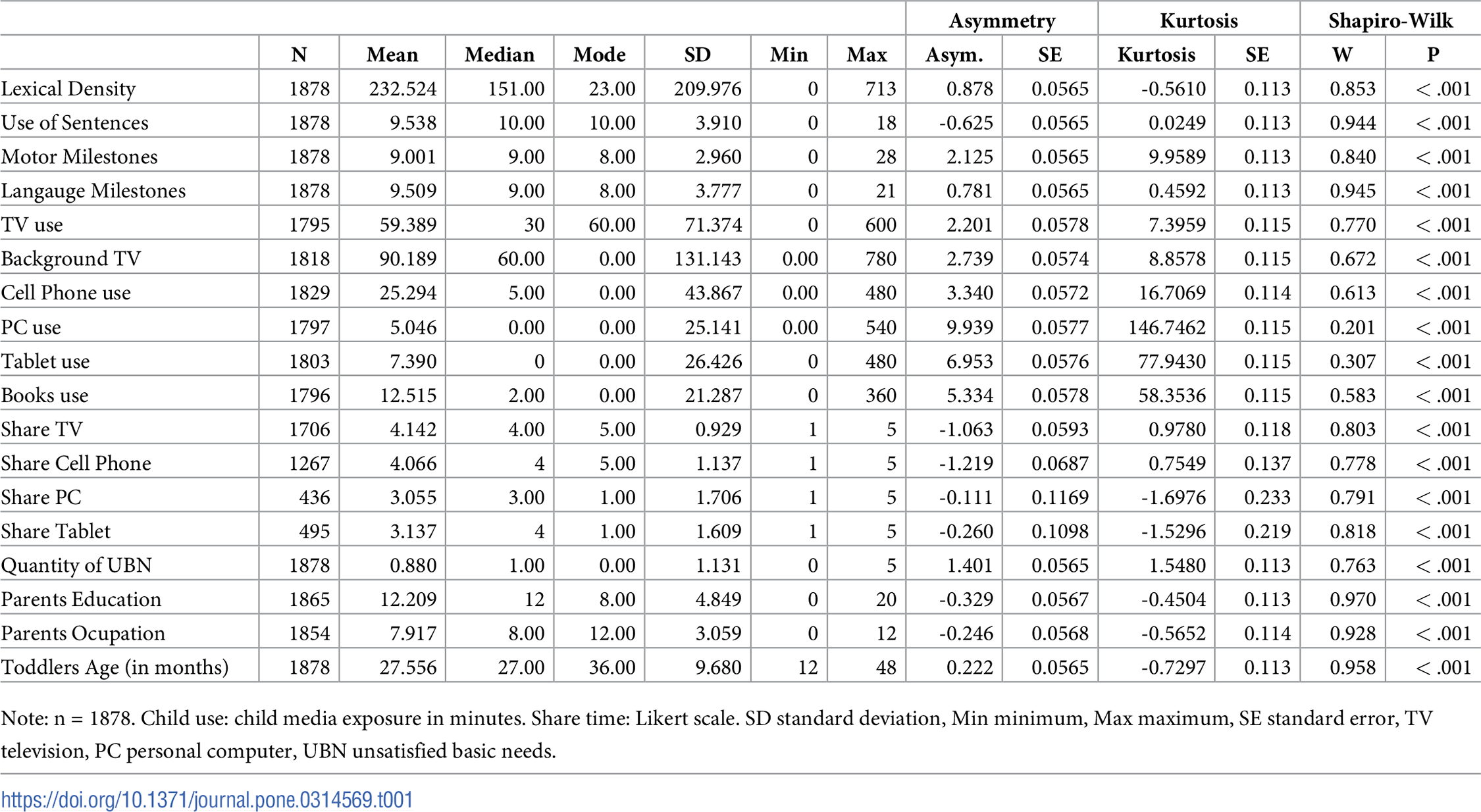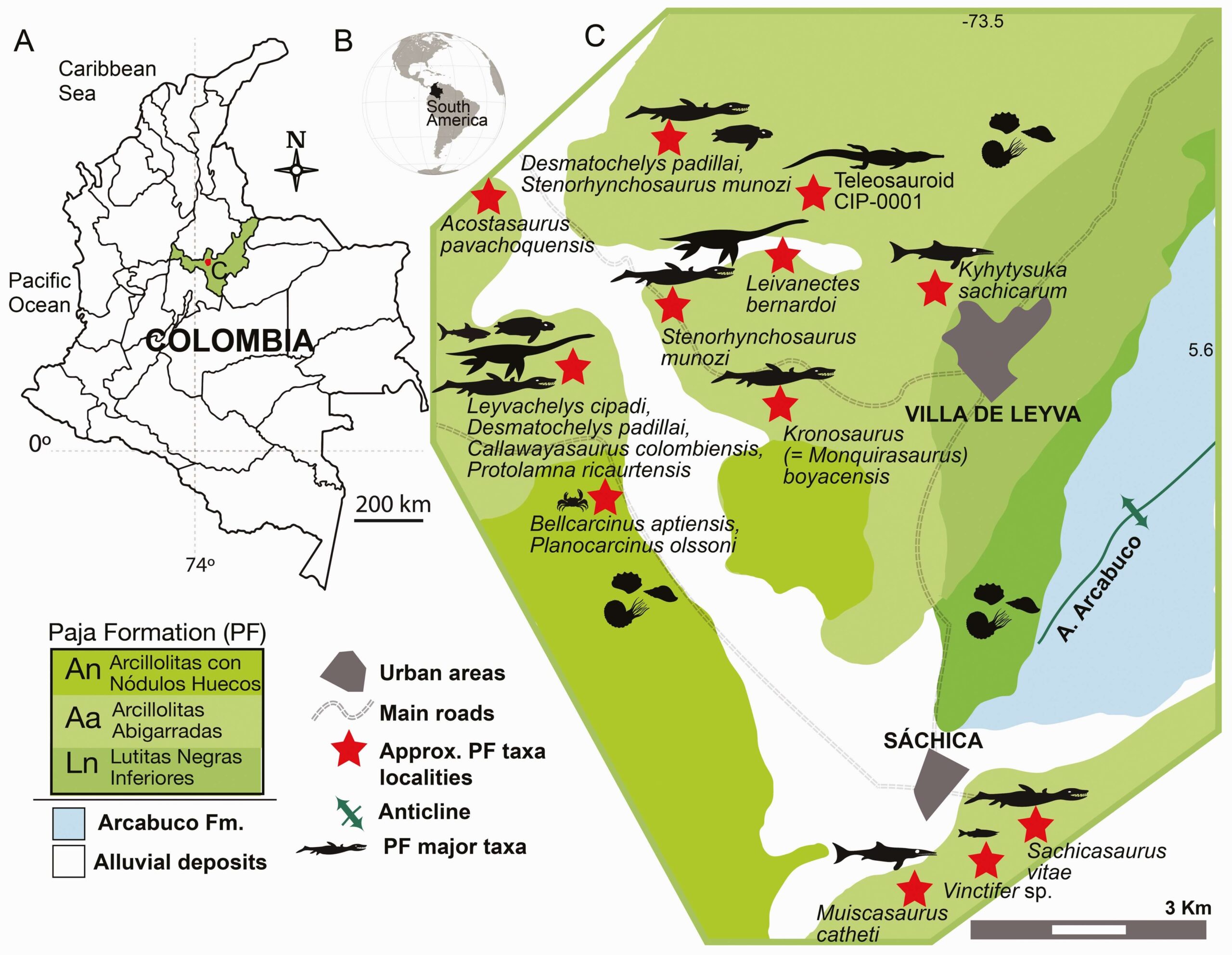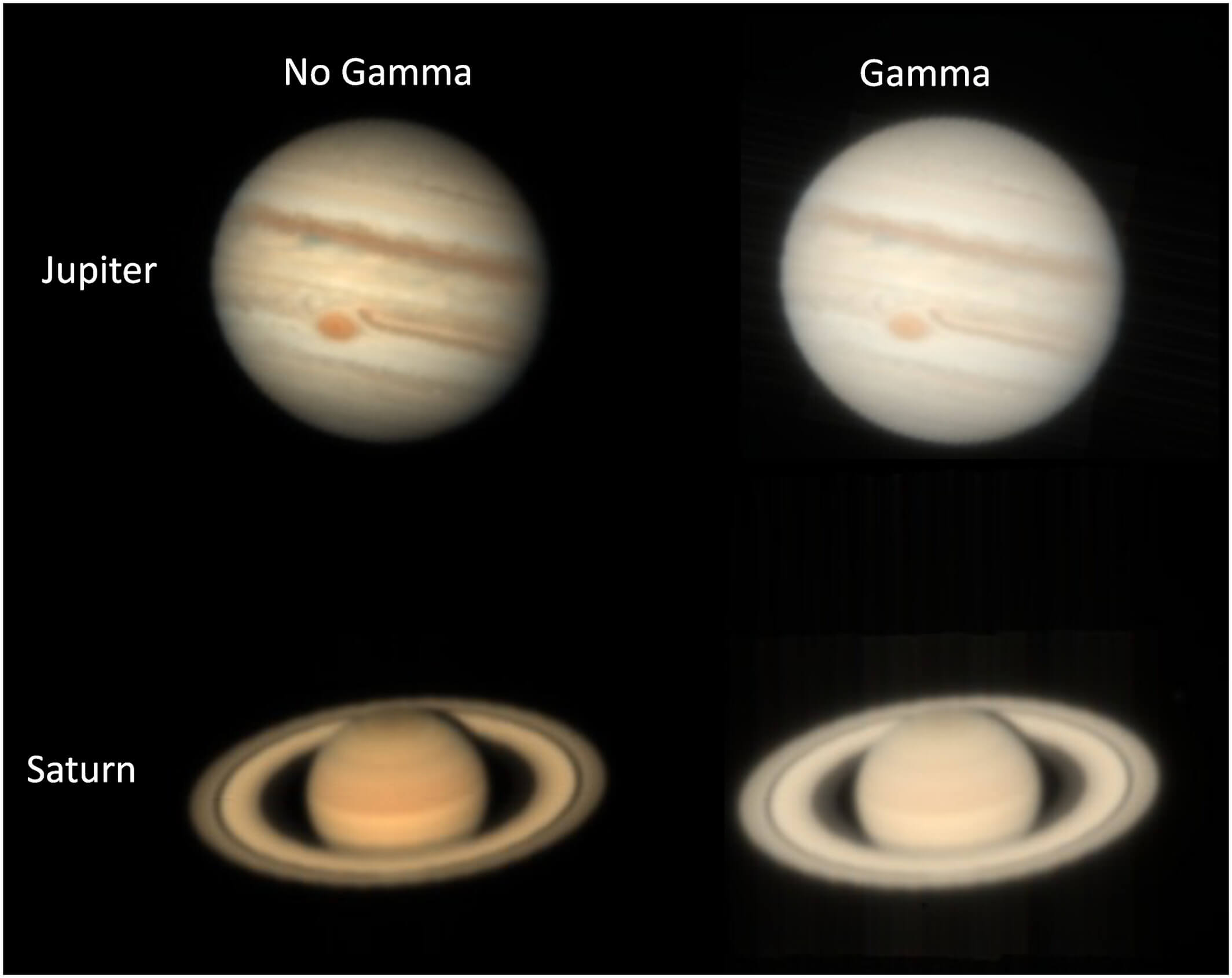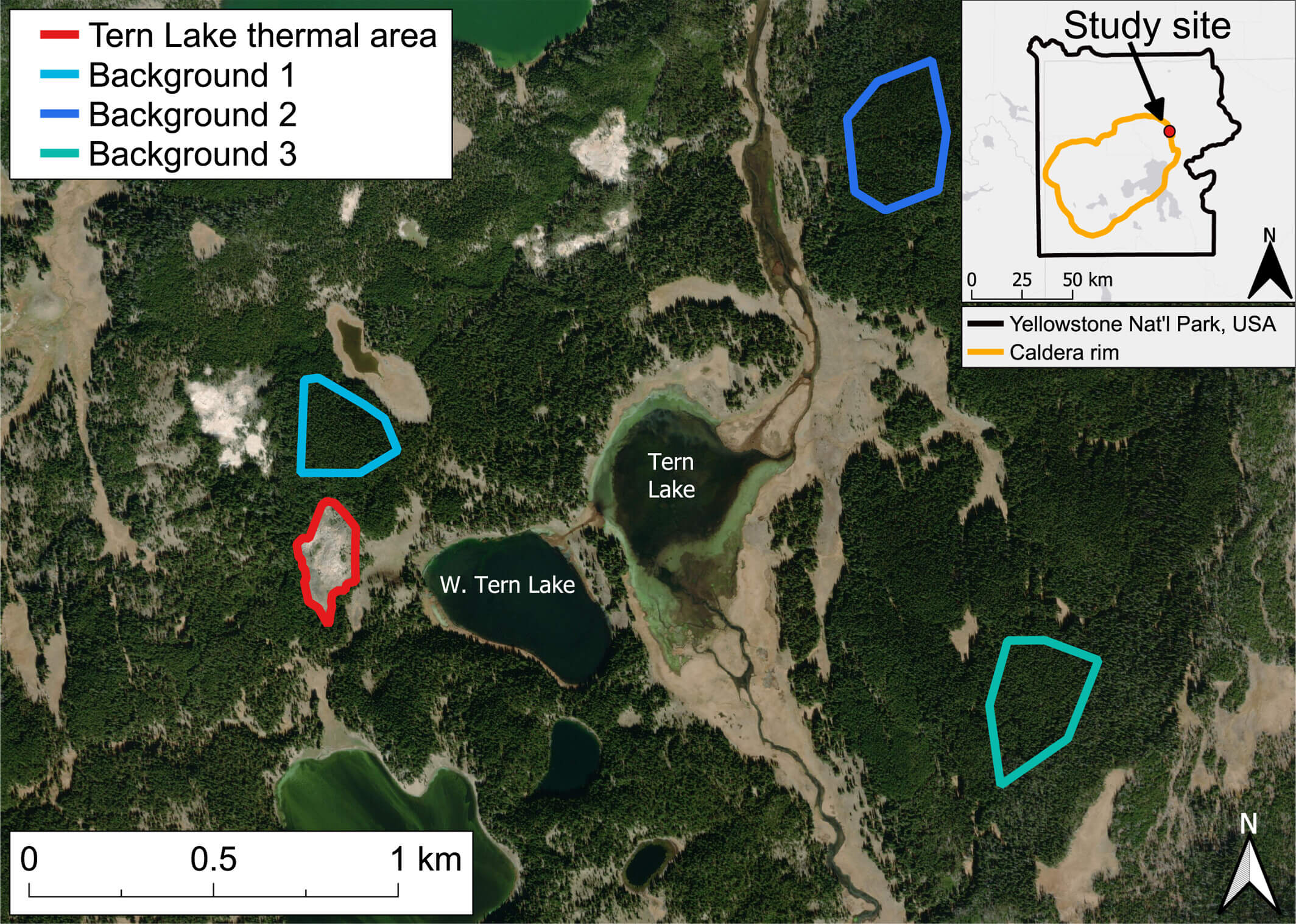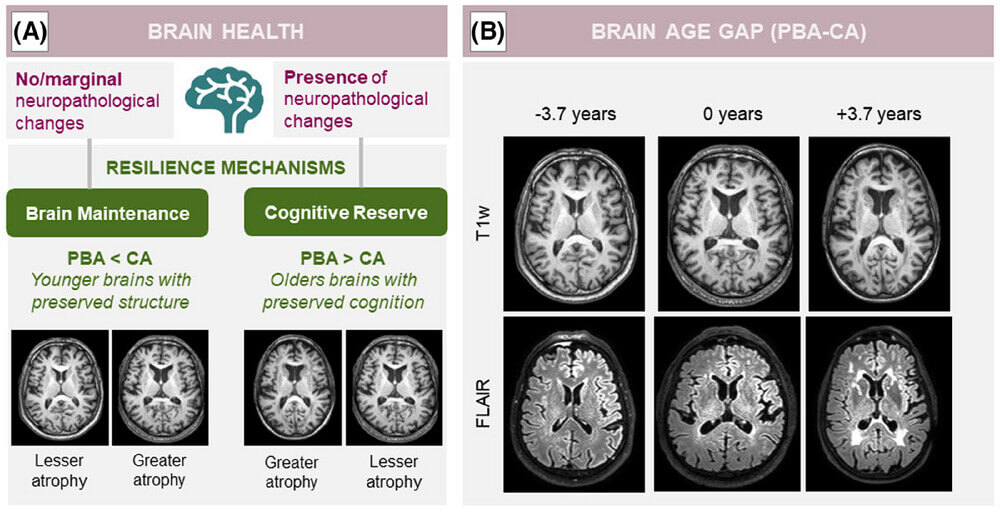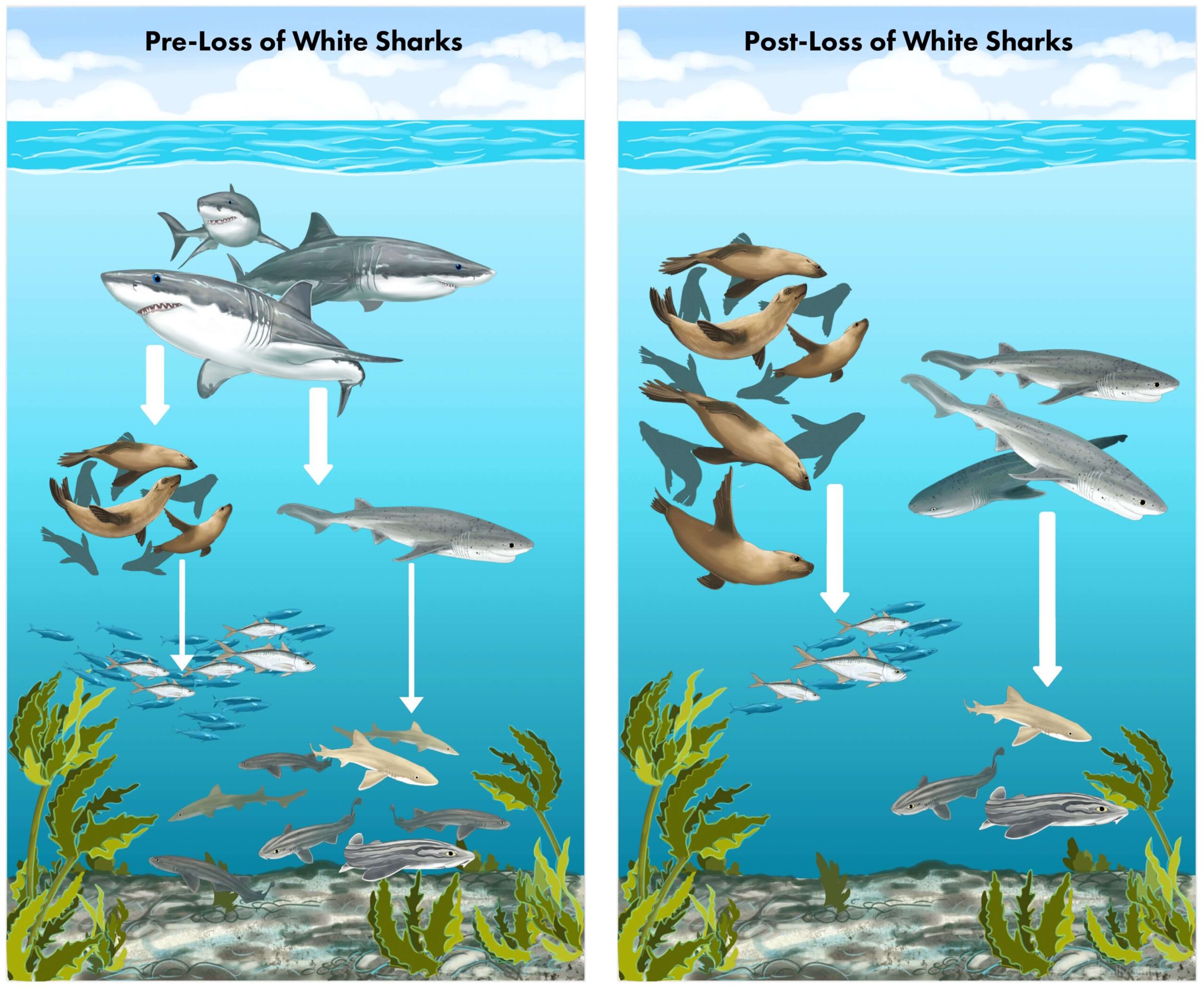
For years, the great white sharks of False Bay ruled the waters, their dorsal fins slicing through the surface as they hunted seals around Seal Island. Tourists and researchers flocked to this South African hotspot, eager to witness nature’s most formidable predator in action.
But then, something changed. Almost overnight, the white sharks vanished, and their absence triggered a cascade of unexpected consequences.
A new study has now linked the disappearance of these apex predators to significant declines in several other marine species, reshaping the food web in ways scientists are only beginning to understand. Researchers found that after the white sharks disappeared, the population of sevengill sharks—another top predator—surged, filling the gap left behind. This shift, however, came at a cost: smaller sharks and fish species, once protected by the presence of white sharks, began to dwindle.
Before the white sharks vanished, species like the soupfin shark and smooth-hound shark thrived in False Bay. But the study found that these populations have plummeted by more than 50% since the great whites disappeared. The reason? Sevengill sharks, no longer hunted by white sharks, turned their focus on these smaller species, leading to a dramatic shift in predation pressure. With their natural predators gone, the sevengills grew bolder, hunting more aggressively and altering the delicate balance of the ecosystem.
The loss of white sharks didn’t just impact other sharks. Fish species that were once abundant also began to decline. The study documented a 30% drop in certain bony fish populations, likely due to increased predation from seals. With no white sharks to keep them in check, Cape fur seals became more dominant, preying heavily on fish stocks that were already under pressure from commercial fishing. This shift has raised concerns among conservationists, as it could further disrupt the bay’s marine biodiversity.
What caused the sudden disappearance of False Bay’s white sharks? Scientists point to several possible factors, including orca predation, climate change, and human activity. In recent years, a pair of orcas known as Port and Starboard have been observed attacking and killing white sharks along the South African coast. Their presence coincides with the sharks’ decline, suggesting that these highly intelligent predators may have driven the great whites away.
Moreover, environmental changes, including shifting ocean temperatures and decreasing prey availability, could have made False Bay less hospitable to white sharks.
Reference
https://doi.org/10.3389/fmars.2025.1530362

